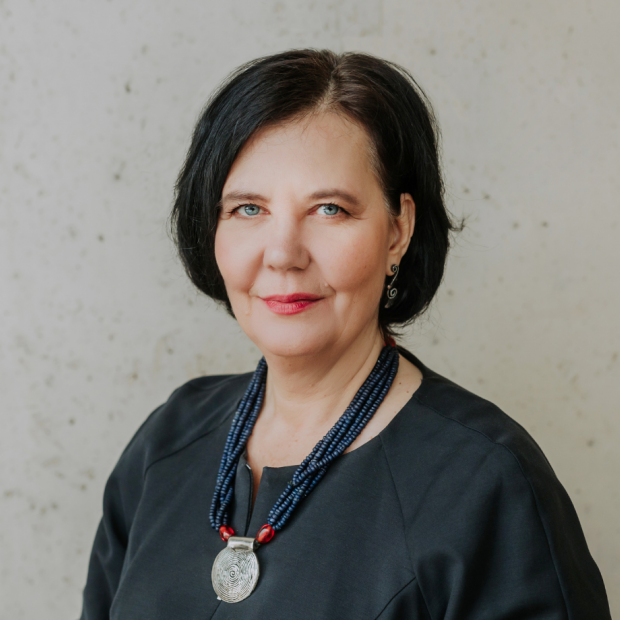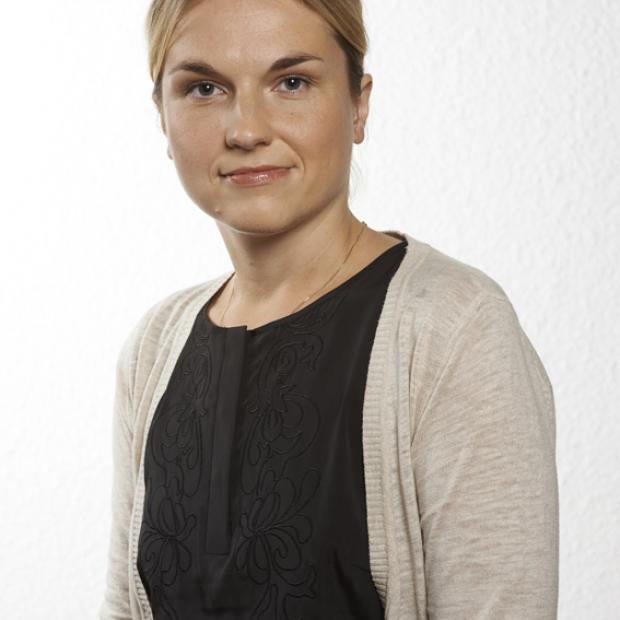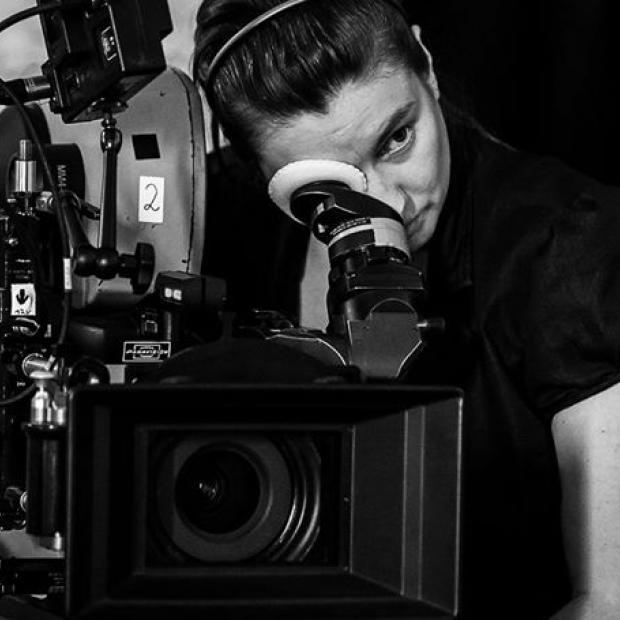Doctoral thesis studied musculoskeletal function in male road cyclists as linked with performance
Indrek Rannama, a doctoral student at Tallinn University’s School of Natural Sciences and Health defended his thesis in which he studied musculoskeletal function and bilateral asymmetry in young male road cyclists along with their impact on the athletes’ economy and results.

Cycling is one the most time- and energy-consuming sports, with cyclists performing tens of thousands of similar movements every day within a very limited extent, which is why cycling is considered special from a movement point of view. This, however, places intense, cycling-specific overload on the musculoskeletal function of the cyclists, which can ultimately result in a range of injuries and ailments.
In his thesis, Rannama describes the changes in musculoskeletal function in the course of long-term, high-intensity cycling. He also examines bilateral asymmetry in relation to muscle strength and pedalling technique and links them to the physiological and locomotor components of cycling performance at different levels of exertion and fatigue.
As one of the most important risk factors, the author of the thesis draws attention to the imbalance of muscle strength in the muscle groups across the ankle and hip joints and the ability to perform simple whole-body movements without compensatory actions. This was particularly evident in the cyclists’ inability to stabilize their core and pelvic girdle during a variety of exercises.
“The results show that deviations in musculoskeletal function and bilateral asymmetry of more than 10% in muscle strength or pedal movements are linked to lower rates of rationality and metabolic economy of cycling, and in some situations also poorer performance," Rannama explains.
In general, the results of the thesis show that just cycling can lead to changes in musculoskeletal function that at first lower professional rationality and in the long run can lead to reduced performance and injuries caused by overload. Therefore, all cycling enthusiasts are advised to perform a variety of exercises that incorporate the whole body in addition to cycling.
In his thesis, Rannama uses a number of original methodological approaches that have not previously been employed in assessing the motor skills of cyclists but which have allowed for more sensitive and accurate assessment of movement rationality and bilateral asymmetry.
The thesis is entitled ‘Musculoskeletal function and bilateral asymmetry of young male road cyclists as linked with cycling performance’ (Noorte meessoost maanteejalgratturite tugiliikumisaparaadi funktsionaalne seisund ja kehapoolte vaheline asümmeetria ning nende seos rattasõidu sooritusvõimega in Estonian).
Public defence took place on November 4 at Tallinn University.
The supervisor of the thesis is Kristjan Port, a professor at Tallinn University. Its opponents were Mati Pääsuke, a professor from the University of Tartu, and Jānis Lanka, a professor from the Latvian Academy of Sport Education. The thesis is available in the Tallinn University Academic Library environment ETERA




